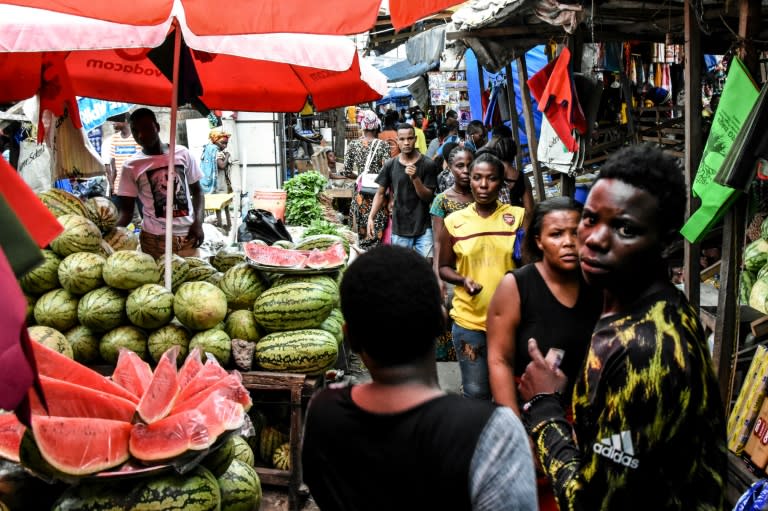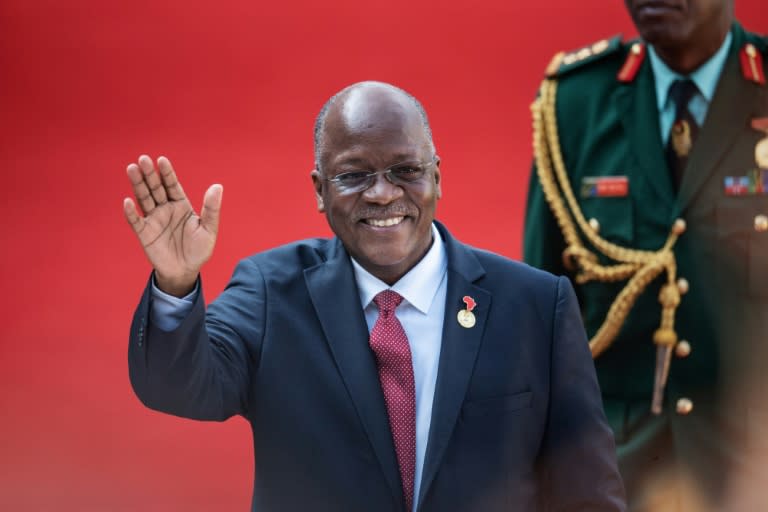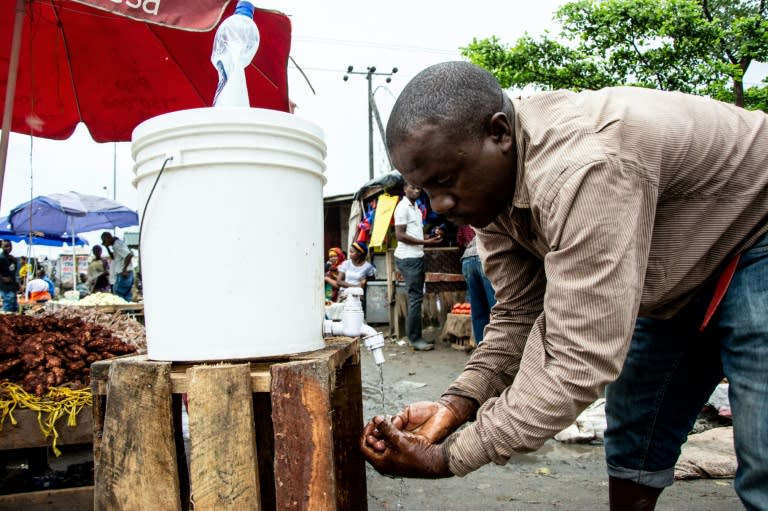ONE OF THE INFLUENCES ON MY POLITICS
Introduction
The Analysis
Paths to Zerowork
Theoretico-political Roots
- Workers’ Autonomy in the Sphere of Production
From the Johnson-Forest Tendency to Facing Reality and Beyond
Socialisme ou Barbarie
Italian Workerism (Operaismo)
From Struggles of the Waged to those of the Unwaged
- Housework and the Struggle against It
Schoolwork and the Struggle against It
Peasants and their Struggles
Introduction
Those who formed the initial collective that published the first issue of Zerowork were a diverse bunch with various intellectual and political backgrounds and, collectively, considerable international experience. George Caffentzis, William (Bill) Cleaver, Leoncio Schaedel and Peter Linebaugh were Americans living in the United States, but George had family in Greece, Leoncio had recently escaped Chile after the overthrow of Allende and Peter had studied in England. While Bill and Peter had both majored in history, during the crafting of Zerowork #1 Bill was working in the library of the New School for Social Research in New York City and active in local union politics, while Peter was teaching history at Franconia College and at New Hampshire State Prison. George had studied philosophy of science and was teaching at Brooklyn College of City University of New York. Leoncio was in the graduate program in political economy at the University of Massachusetts at Amherst. Paolo Carpignano, Mario Montano and Bruno Ramirez were Italians who had all studied in Italy before crossing the Atlantic. But while Paolo and Mario came and stayed in the US, Bruno moved on to Toronto, Ontario after completing both a BA and an MA in the US. Peter Taylor was a Canadian living in Toronto working — and not working — in the Post Office. Paolo and Mario had both studied sociology, and Mario was teaching it at Clark University. Bruno was working on his dissertation in history. The two corresponding editors, John Merrington and Ferruccio Gambino lived in Britain and Italy respectively. But John had studied in Italy, translated and circulated political materials from Italy in England and participated in study groups with Peter Linebaugh. Ferruccio was at the Department of Political Science at the University of Padua where Toni Negri was chairman, but his frequent travels in Europe and the United States not only kept everyone up-to-date on what was happening and being discussed elsewhere but wove a web of interpersonal relations vital to all involved. (For more detail on the intersecting trajectories of their lives, see the section below with individual biographical sketches.)These folks came together in the midst of crises both local and international.
Within major Canadian and U.S. cities, such as Toronto, Montreal and New York City, successful and untamed struggles by both waged and unwaged workers had been undermining capitalist control for some years. Ever since public employees in Canada — spearheaded by Post Office workers — had won collective bargaining rights in 1967 and formed the Common Front in Quebec in 1972 — the ability of city, provincial and national governments to provide popular services with cheap labor had been undermined. In New York City street-level and welfare rights struggles had interacted with those of public employees to so undermine the “business climate” of the city as to provoke business flight and job losses in the private sector and fiscal crisis in city finances. By 1974-75 the banks were beginning to refuse to roll over the city’s debt while city government, with the help of union bureaucrats, were beginning to raid union pension funds — not only to cover city debts but to undermine public employee struggles.(1) These crises were forerunners of others to come — of which the automaker abandonment of Flint, portrayed in Michael Moore's 1989 film "Roger and Me", and the 2013 bankruptcy of Detroit are but two examples.(2)
At the international level, widespread worker struggles in the United States had undermined the ability of the Keynesian state to manage the wage/productivity deals that had been the basis of post-WWII accumulation and had provoked business efforts to compensate by raising prices — causing such an acceleration in inflation as to contribute to the disappearance of the U.S. trade surplus and to provoke President Nixon in 1971 to unhook the dollar from gold and abandon the Bretton Woods system of fixed exchange rates. That ostensible “monetary crisis” was soon followed by a state-engineered food crisis in 1972 and the first “oil shock” of 1973-74 — initiated by the Organization of Petroleum Exporting Countries (OPEC) but sanctioned by United States policy makers.(3)
READ THE REST HERE http://zerowork.org/GenesisZ1.html














